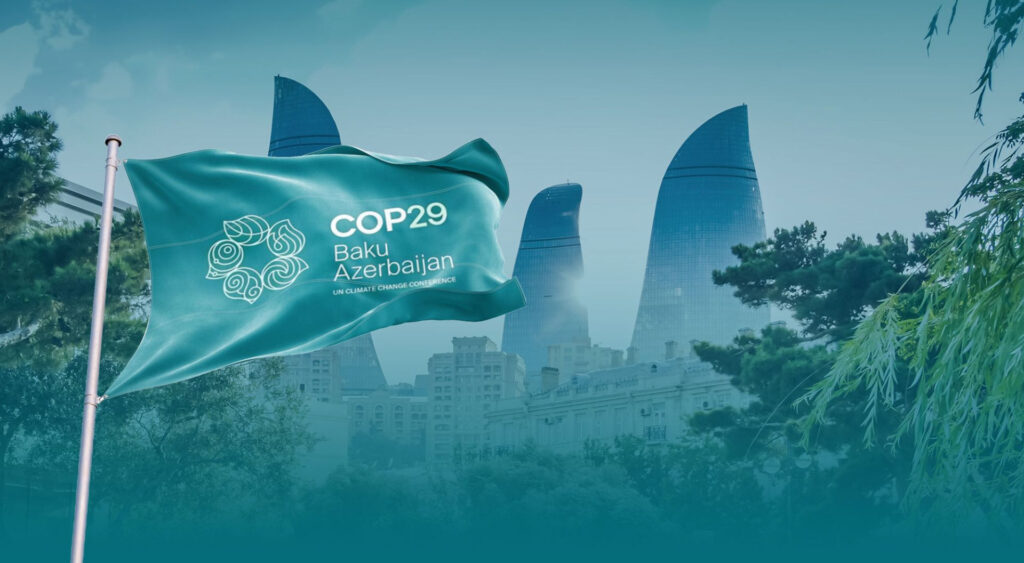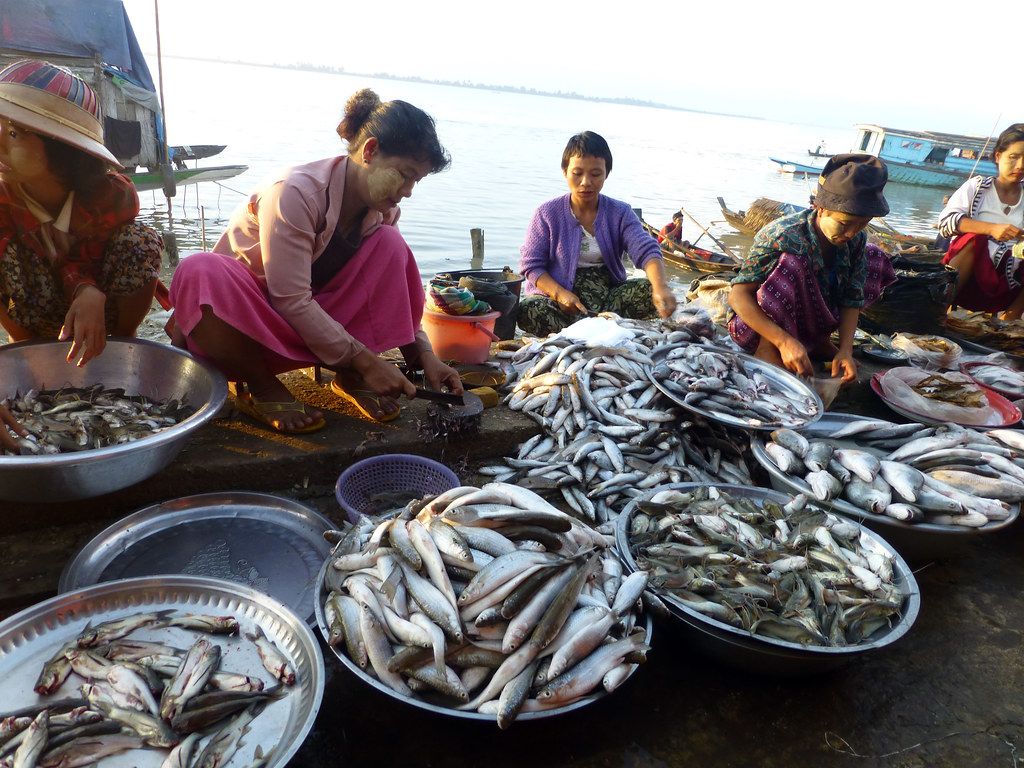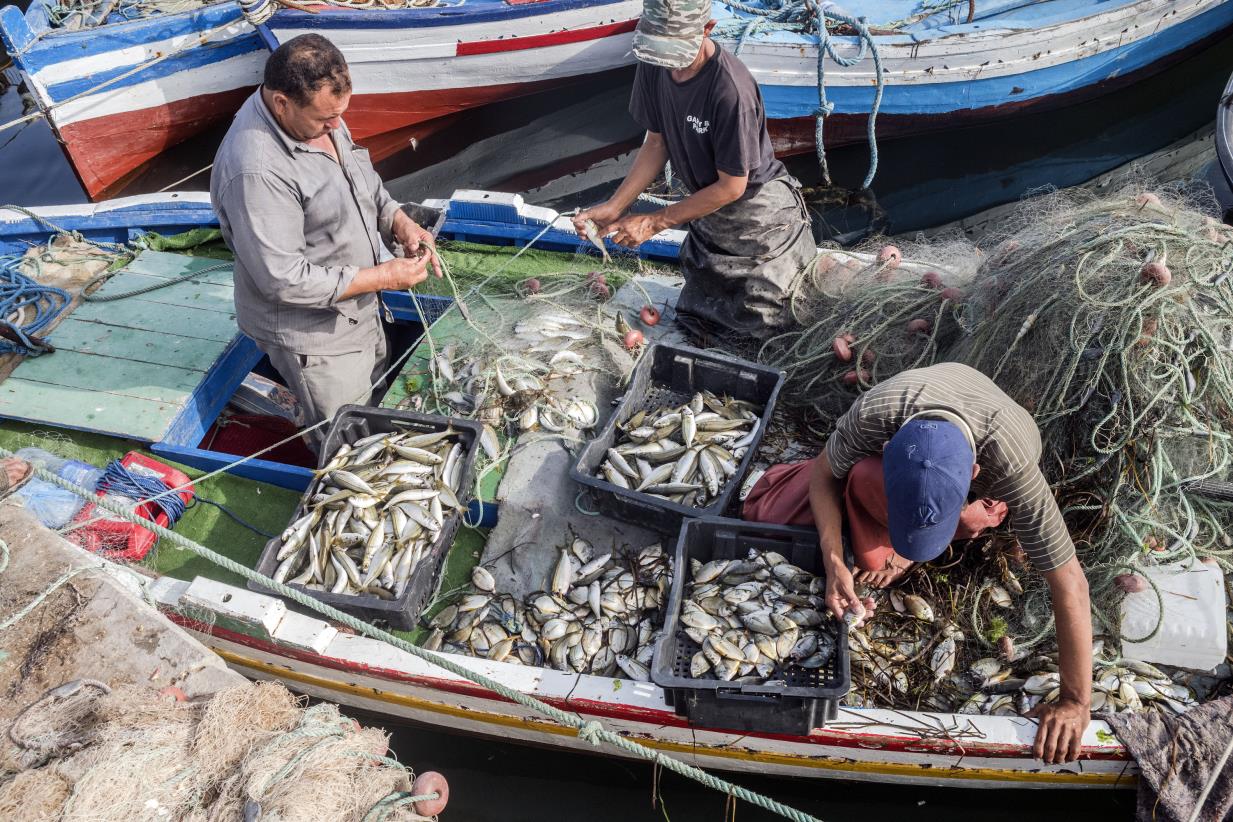Food & Climate
As climate risks escalate, WorldFish says aquatic food systems require at least $4 billion annually by 2030 to build resilience and support long-term sustainability.
WorldFish to push for aquatic food systems in COP29 climate plans to boost global food security and resilience, according a report seen by “Food & Climate” platform.
The COP29 will start tomorrow, Monday, in the Azerbaijani capital, Baku, and a large number of world leaders and senior officials are expected to participate.
WorldFish says that there are many reasons make aquatic food systems need climate action include: 3.3 billion People relying on aquatic foods for essential nutrition. Global demand for fish and seafood is expected to double by 2050. 600 million people dependent on fisheries and aquaculture for livelihoods, primarily in low-and middle-income countries. Aquatic foods produce a fraction of the carbon emissions compared to land-based agriculture.
Aquatic food systems
On November 11 to 22, 2024, world leaders will convene in Baku, Azerbaijan, for the UN Climate Change Conference (COP29).
At COP29, WorldFish will push for aquatic food systems to be included in climate plans to boost global food security and resilience.
With global temperatures rising and a critical 1.5 degrees-C threshold in sight, countries are expected to finalize their Nationally Determined Contributions (NDCs) for 2025, outlining their pledges to combat climate change.
Through its participation at COP29, WorldFish aims to highlight the role of aquatic food systems in addressing climate challenges and fostering sustainable, resilient food systems for all.
“People who rely on aquatic food systems for nutrition and livelihoods are among the most vulnerable in the world – and the hardest hit by climate change,” wrote the international research organization in a call to action.

Despite their potential, aquatic food systems receive only a fraction of the climate finance they need.
“Ensuring these communities receive adequate support is essential to building resilience and securing a sustainable future for all – equitably and inclusively.”
As discussions unfold, WorldFish is calling for a pivotal shift in climate strategies – one that integrates fisheries and aquaculture into these NDCs. The move, the organization argues, is not just a matter of climate adaptation for vulnerable coastal communities, but also an opportunity for sustainable economic growth, food security and shared prosperity in regions hardest hit by climate change.
As climate risks escalate, WorldFish says these systems require at least $4 billion annually by 2030 to build resilience and support long-term sustainability.
Without this investment, “we risk losing not only a critical source of nutritious food and jobs, but also a powerful solution to climate change”.
At COP29
At COP29, WorldFish is calling for urgent action to: Incorporate aquatic foods into national climate action plans, including Nationally Determined Contributions (NDCs) and National Adaptation Plans (NAPs), to unlock essential financing and resources that can put countries’ food systems on a low-emissions pathway while boosting food and nutrition security. With the release of new guidelines, now is the time to make aquatic foods central to climate strategies for a resilient future.
Scale up locally-led, climate-smart adaptation initiatives by empowering communities with proven tools, digital innovations, and nature-based solutions.
These initiatives—such as Climate Information Services (CIS) aquaculture diversification and early warning system—enable small-scale fishers and farmers to protect their stocks, strengthen ecosystem resilience, and build long-term climate adaptation.
Co-developed by WorldFish and tested across 27 countries, these approaches are transformative for food systems and economies worldwide, see WorldFish’s Digital Innovations Catalog.
Investment in and partner to foster South-South collaboration, vital to accelerate country-led climate action for transforming food systems. Mutual learning and transfer of knowledge and appropriate technologies can fuel rapid adaptation and scaling out of locally tested technologies and practices, see a new 7-year initiative of WorldFish.

WorldFich said: “At COP29, we’ll be in dialog with governments, donors, partners, and civil society organizations, sharing our insights and support to move this critical conversation forward. Through our participation in multiple events, we will be highlighting the essential role of aquatic food systems in addressing climate challenges and bringing together partners to drive meaningful action toward building sustainable, resilient, and nutri-sensitive food systems that support both people and the planet for shared prosperity”.

